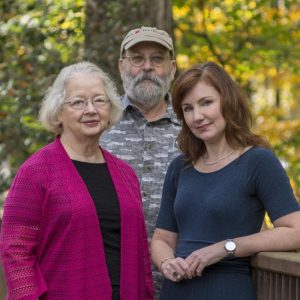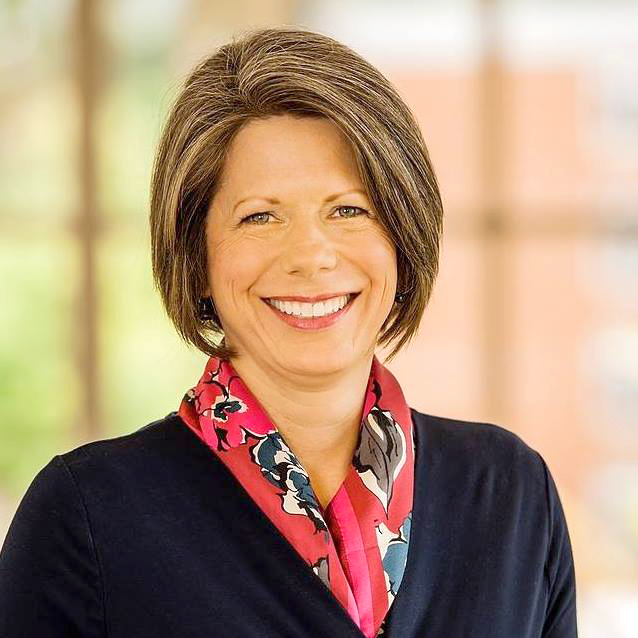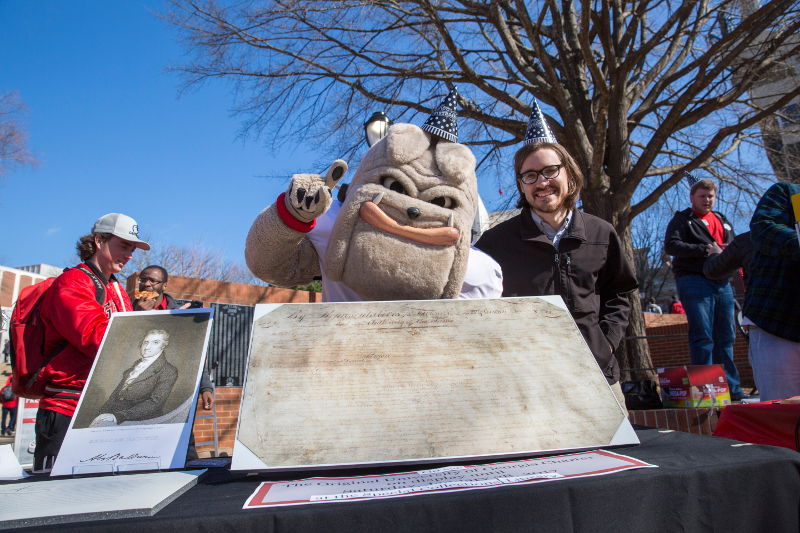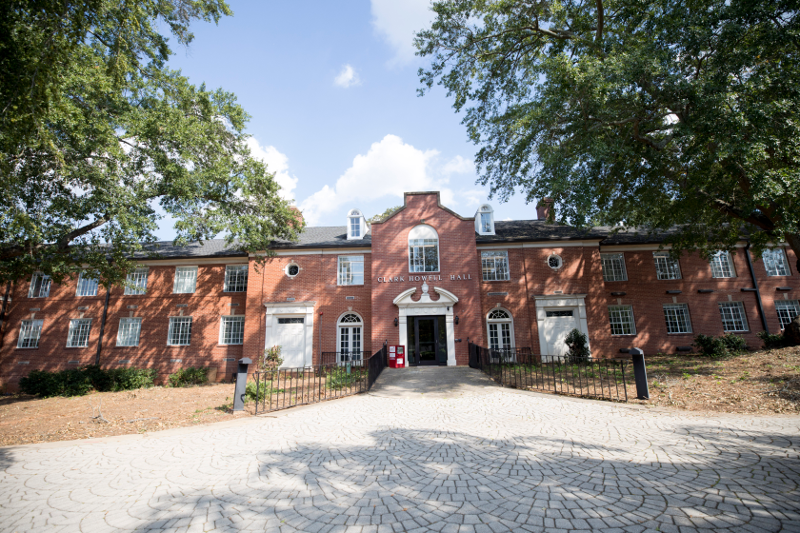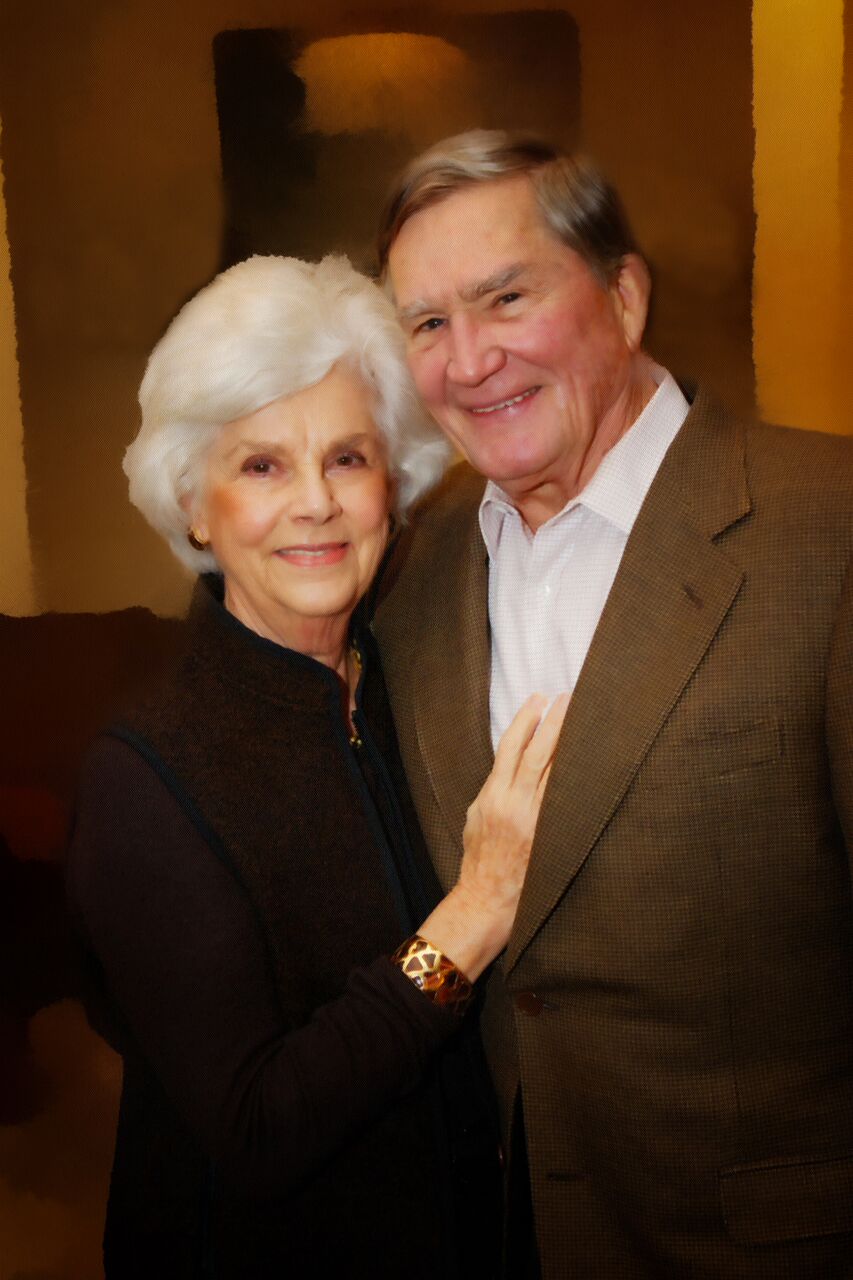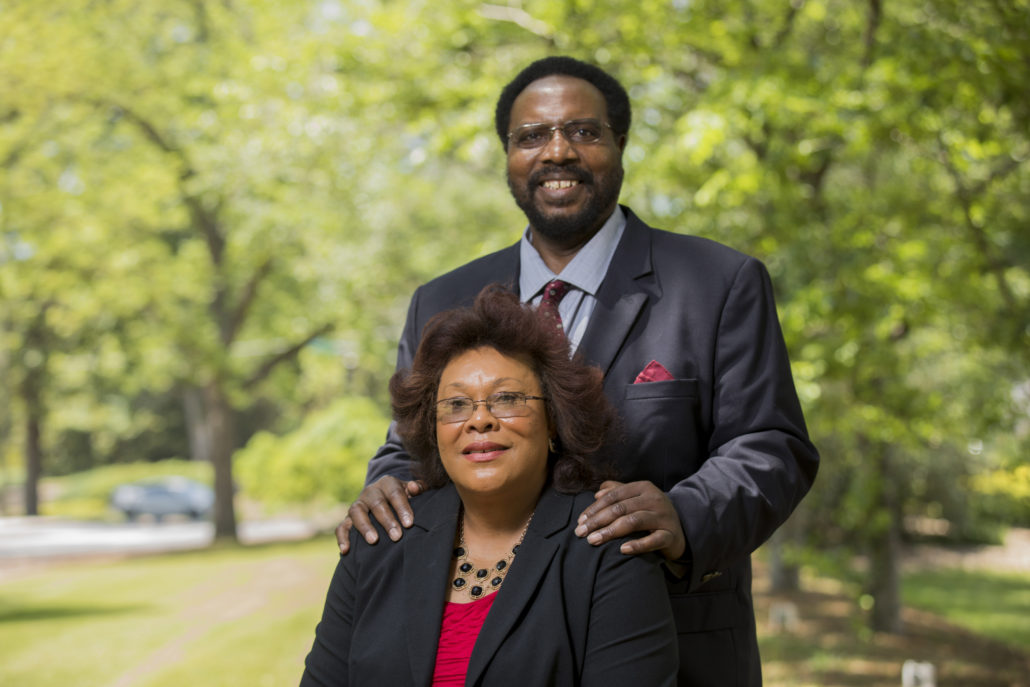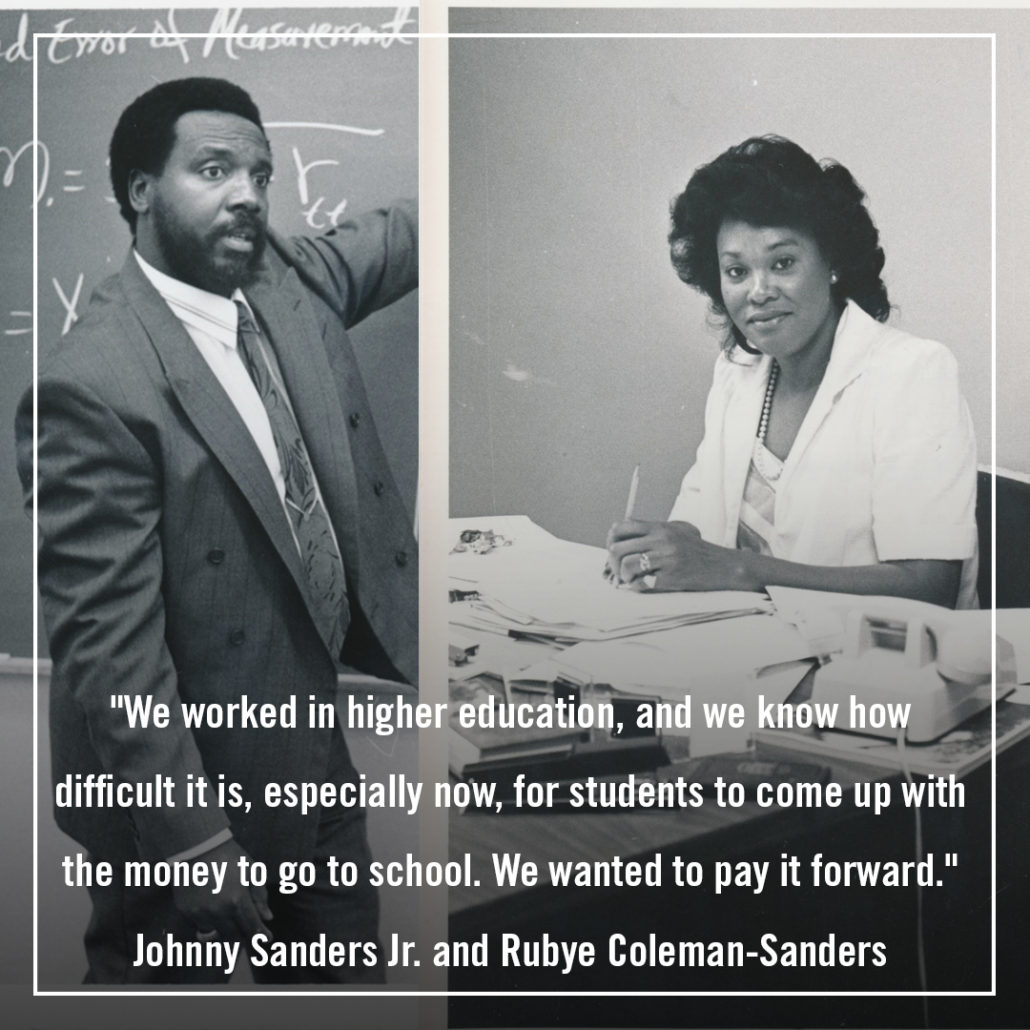Student-athletes in high-profile college football programs might be thought of as the enviable “big men on campus,” but their positions come with a price measured in hours and minutes.
“During the fall, you have football obligations every day of the week including weekends,” said Daniel Harper (BBA ’18), a University of Georgia football player from 2016-2018. “Spring is a little easier, and by easier I mean you get Sunday off.”
If they’re not in class, they’re at practice. And if they’re not at practice, they’re at weight training. Or in team meetings. Or tutoring. Or volunteering at community events. And with whatever time is left, they try to carve out a personal life.
Those time commitments are more than worthwhile for the lucky few who land a career as a professional athlete, but what about those who will hang up their pads after graduation? Most employers want someone with relevant work experience, and when you only have three weeks a year to yourself, internships are hard to come by.
They used to be, anyway.
A NEW KIND OF INTERNSHIP
Last year, UGA’s Corporate and Foundation Relations (CFR) team partnered with RaceTrac and UGA Athletics to develop a new opportunity for football players: two-week “micro-internships” at RaceTrac’s home office in Atlanta.
“The purpose of the micro-internship is twofold,” said Rachel Patton (ABJ ’13), RaceTrac’s university relations specialist. “One, for the student-athletes to gain exposure into the workforce and build their network. Two, for companies to see how transferable student-athletes’ skills are from their sport to a full-time corporate job.”
RaceTrac and UGA have had a fruitful relationship for a number of years—UGA has the highest representation among college alumni at RaceTrac’s home office, known as the Store Support Center—so the door was already open for further collaboration. After a January 2018 conversation between Patton and UGA’s CFR team about RaceTrac’s micro-internship idea, things began to move quickly.
“When CFR reached out about this opportunity, I was excited about the innovative program structure and the possibility of partnering with such a large company,” said Leigh Futch (ABJ ’05), director of student development for the UGA Athletic Association.
Futch created The Georgia Way, a comprehensive career development program aimed at preparing student-athletes for success after athletics, regardless of when that time comes. An integral part of the program is connecting UGA student-athletes to resources that will enable a smooth transition to the professional world. RaceTrac’s micro-internships seemed to be a perfect fit.
“We were able to pull this together very quickly. It was truly a team effort,” said Patton. “From the initial conversation with CFR to planning interviews of UGA’s football players in April 2018, we moved fast.”
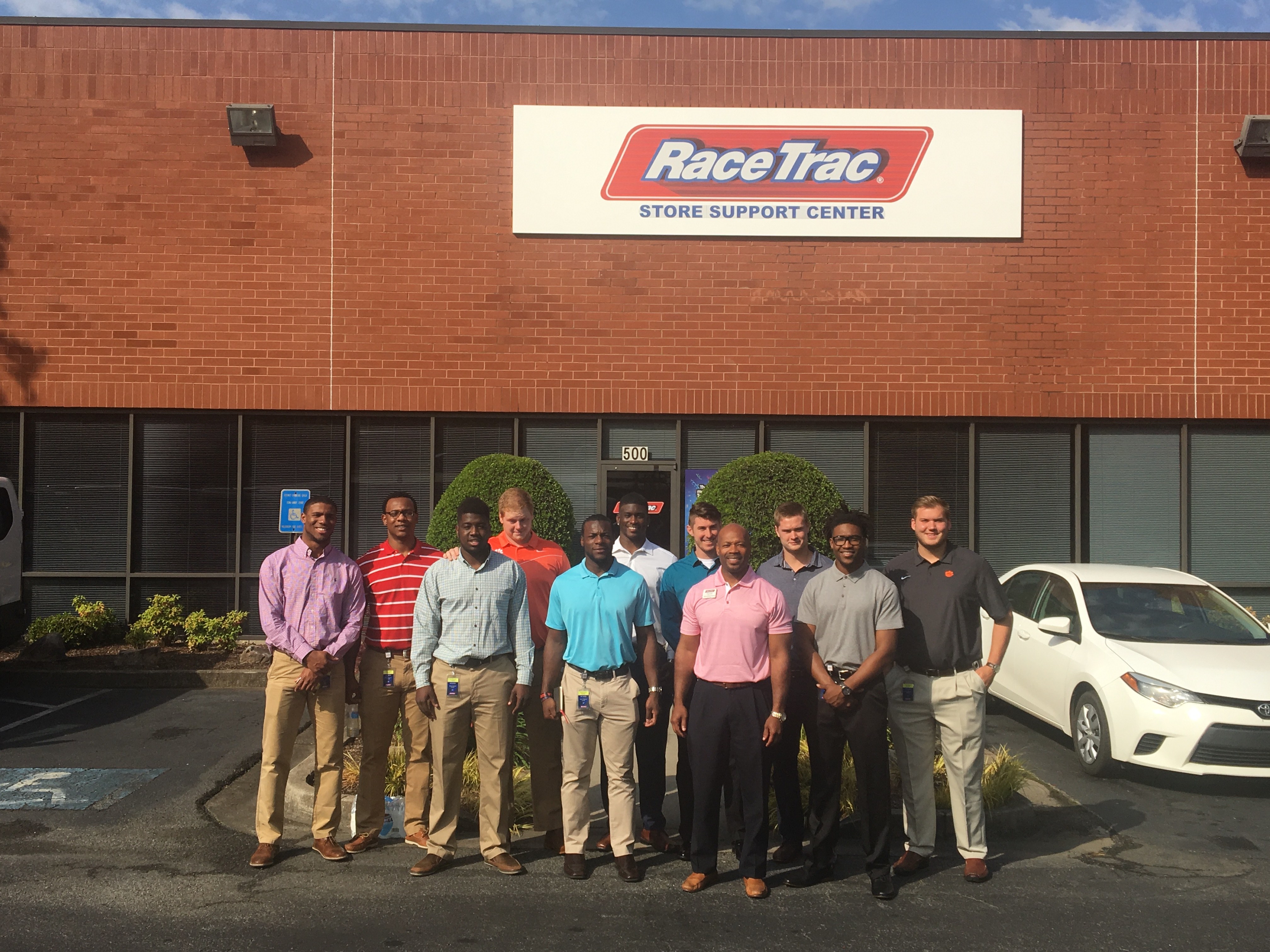
THE FIRST INTERNS
Futch and UGA Athletics worked with RaceTrac to identify upperclassmen football players who were majoring in areas related to four of RaceTrac’s departments: Reporting and Insights, Financial Planning and Analysis, Human Resources and Operations. That list totaled 16 student-athletes—including Harper—who were each interviewed by a panel of RaceTrac senior/executive-level staff.
“It was a little intimidating at first, but they were all so friendly and easygoing,” said Harper. “Later that day, I got a call that I was one of the players selected for the internship.”
Harper and three others became RaceTrac interns, working at the Store Support Center in May 2018. The four UGA student-athletes were joined by six Clemson University student-athletes, and each intern was assigned to one of the aforementioned departments for their two-week stint.
The interns were tasked with projects they’d have to present to RaceTrac staff at the end of the program, and they were immersed in RaceTrac’s corporate environment by way of orientation sessions, networking events, assessment workshops and more.
“I spoke with each player about their experience, and they were all grateful for the opportunity and more confident in their abilities to perform outside of the athletics environment, which was music to my ears,” said Futch.
For one of UGA’s student-athletes, the internship was more than just a valuable learning experience: Daniel Harper is now a full-time operations analyst for RaceTrac.
“I knew if I wanted a career at RaceTrac then I would need to treat my internship as a two-week interview,” said Harper. “I worked my butt off, made connections, and made myself known.”
BUILDING ON SUCCESS
Plans are in place to repeat the program with more schools involved and more student-athletes from all sports. Futch is fielding micro-internship inquiries from many of UGA’s athletics programs. And other companies are taking notice of RaceTrac’s creativity.
“RaceTrac has been an engaged and innovative partner,” said Jill Walton (BSA ’99, MPA ’03), UGA’s CFR executive director. “They’ve done things that other companies haven’t done before. They took the lead with micro-internships, and now there are other companies asking about how they can participate.”
The program’s success also speaks to the strength of the RaceTrac-UGA partnership and of UGA’s alumni network. Patton’s relationship with RaceTrac began when a UGA sorority sister made a connection for her at the company, and now, through these micro-internships, she can do the same.
“Working on this program as a UGA graduate means the world to me,” said Patton. “And to be a part of a company like RaceTrac, where our leadership and team members value the type of students that UGA helps to grow, is amazing.”
Harper, too, takes pride in his ability to “pay it forward” by opening doors for UGA alumni in his new position.
“Being a UGA alumnus was a dream of mine for many years, and I am extremely blessed to have had the opportunity to play ball and graduate from such a great school,” said Harper. “The doors that UGA has opened for me are limitless, so it is an honor to represent my school in any capacity. I wear my ‘G’ with pride every day.”
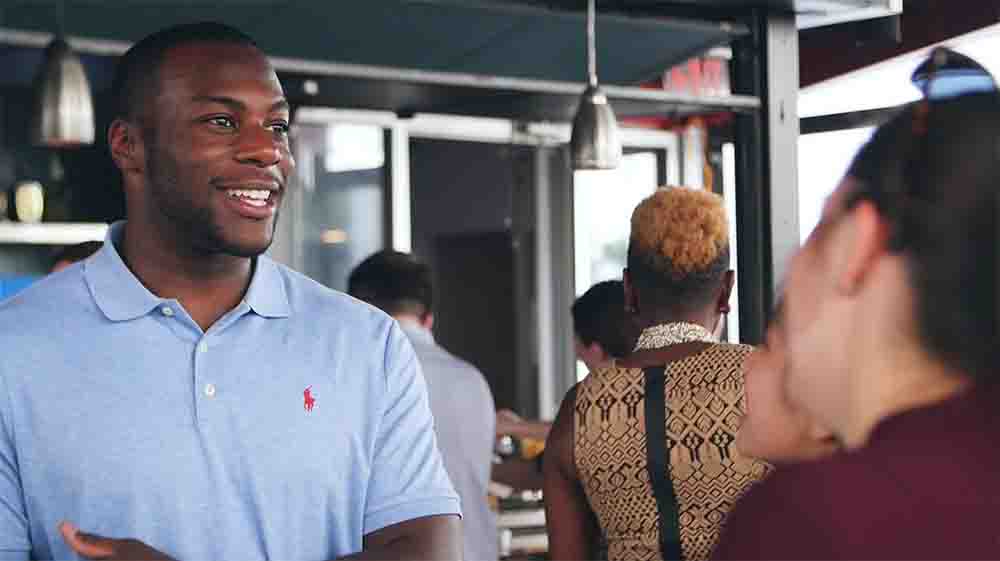

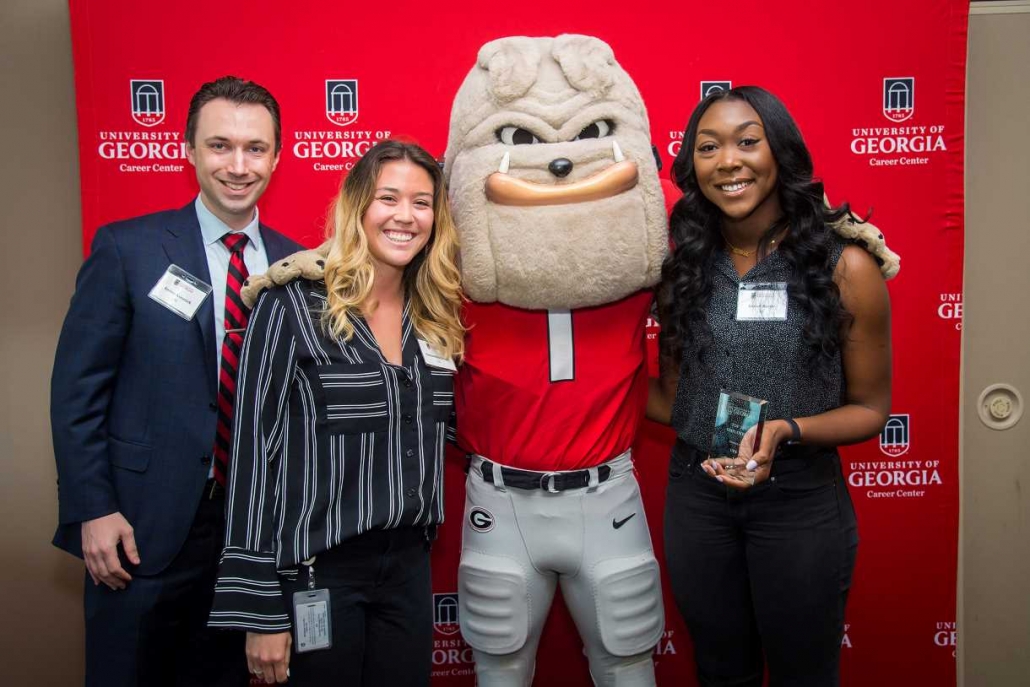


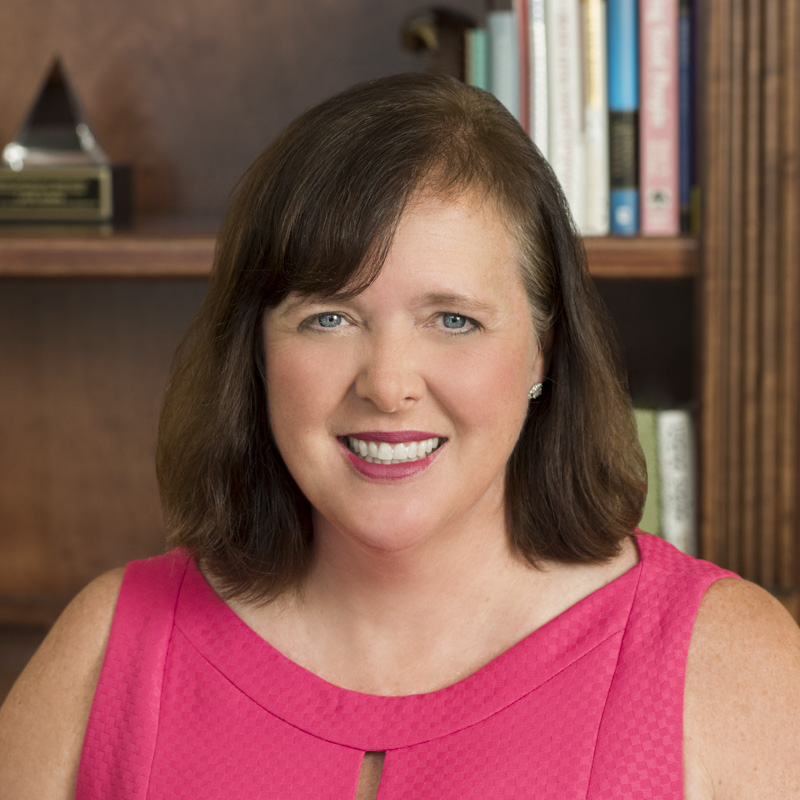 Anne Beckwith (BBA ’90), Secretary, Women of UGA Leadership Council – “I want to help UGA students to experience the entirety of college–attending a university is more than just going to class. It’s socializing with your peers, but also with adults. It’s making good friends. It’s learning to give a hand to those who need it. I feel strongly that as a successful UGA graduate, I should try to help others to have the space in their college lives to do those outside things, which I can do by increasing UGA’s ability to address financial need. It’s hard to do more than go to class when you are worried about your next meal or where you will sleep next week.”
Anne Beckwith (BBA ’90), Secretary, Women of UGA Leadership Council – “I want to help UGA students to experience the entirety of college–attending a university is more than just going to class. It’s socializing with your peers, but also with adults. It’s making good friends. It’s learning to give a hand to those who need it. I feel strongly that as a successful UGA graduate, I should try to help others to have the space in their college lives to do those outside things, which I can do by increasing UGA’s ability to address financial need. It’s hard to do more than go to class when you are worried about your next meal or where you will sleep next week.”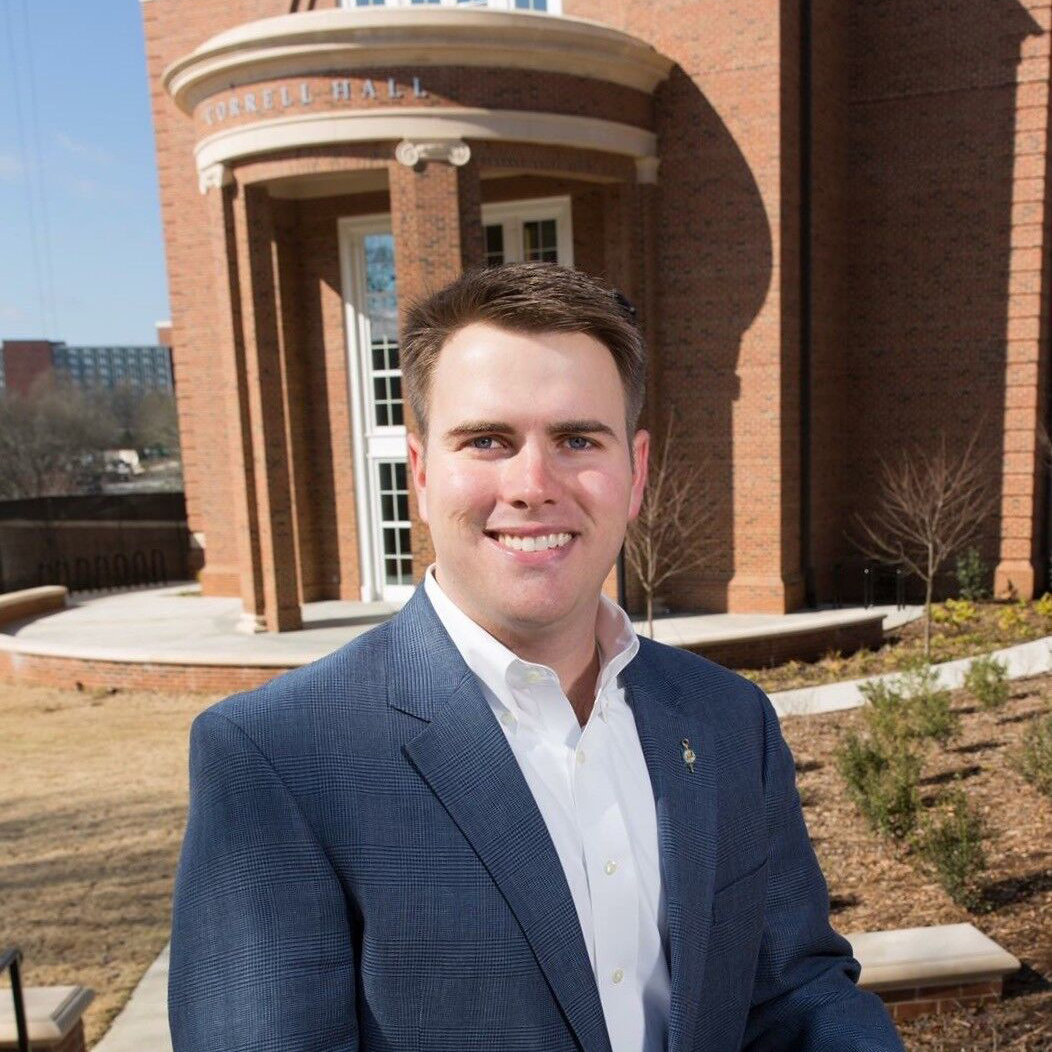 Derek Hammock (BBA ’15, MACC ’16), Member, Young Alumni Leadership Council – “The value of my education was not on my own merit. So many alumni will tell you their degrees are worth more now. That’s partly a result of private giving, which provides greater opportunities to students to attract the best and brightest. I give back to help current students have even better experiences than the incredible ones I had.”
Derek Hammock (BBA ’15, MACC ’16), Member, Young Alumni Leadership Council – “The value of my education was not on my own merit. So many alumni will tell you their degrees are worth more now. That’s partly a result of private giving, which provides greater opportunities to students to attract the best and brightest. I give back to help current students have even better experiences than the incredible ones I had.”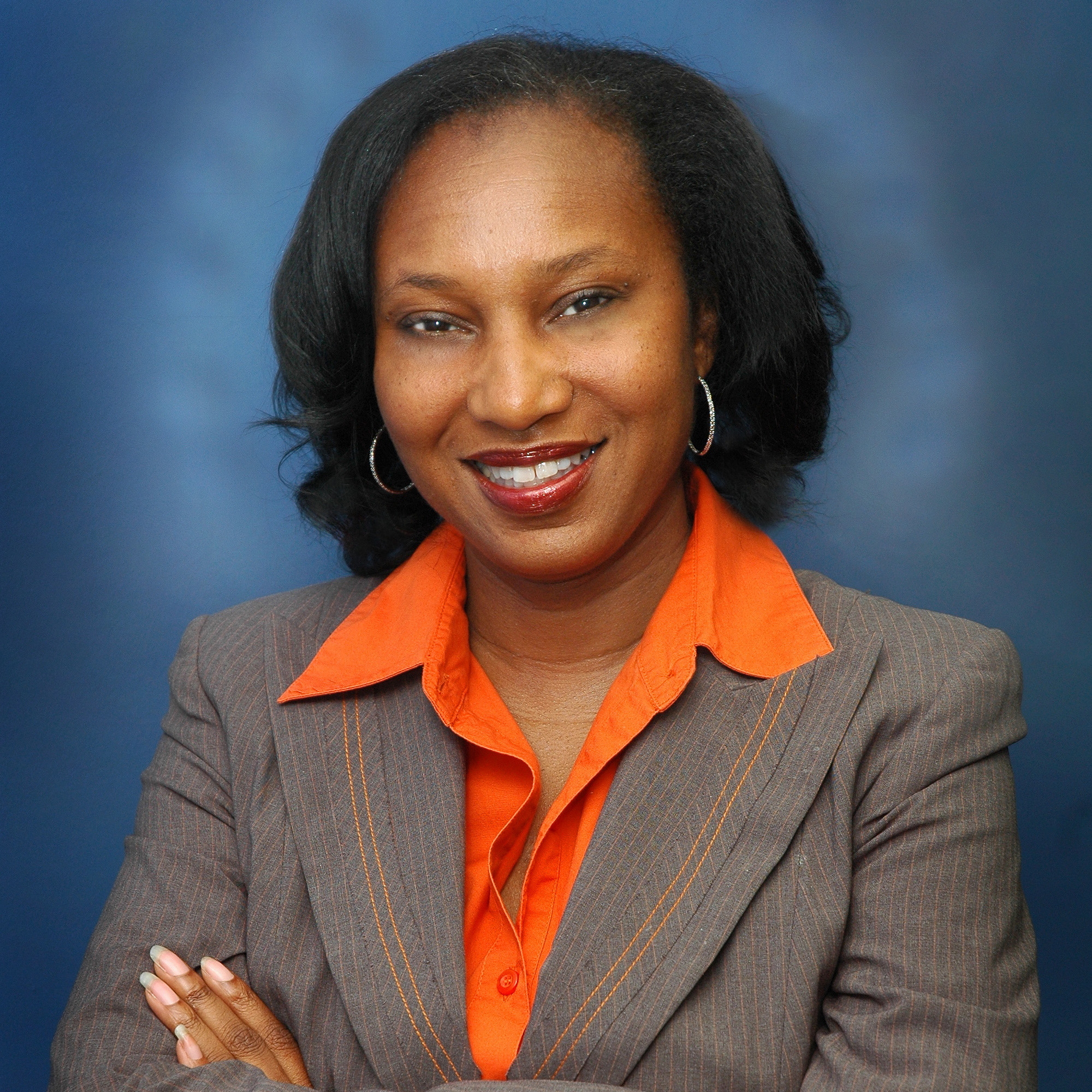 Ericka Davis (AB ’93), Fundraising Chair, Black Alumni Leadership Council – “The impact didn’t hit me until I recently met a recipient of the Black Alumni Scholarship. Hearing from him about the impact the scholarship was making on his time at UGA, it was really moving.”
Ericka Davis (AB ’93), Fundraising Chair, Black Alumni Leadership Council – “The impact didn’t hit me until I recently met a recipient of the Black Alumni Scholarship. Hearing from him about the impact the scholarship was making on his time at UGA, it was really moving.”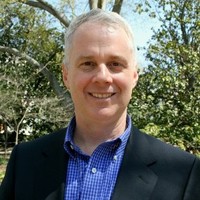 Todd Phinney (BBA ’88) Member, UGA Alumni Association Board of Directors – “My wife and I share our time, talent and treasure with UGA because this is our state, our university and UGA continues to give back to us, and our two children, who are also graduates. We are tremendously proud of our Dawg heritage, and for what this incredible institution does every day in Georgia, for the nation and internationally.”
Todd Phinney (BBA ’88) Member, UGA Alumni Association Board of Directors – “My wife and I share our time, talent and treasure with UGA because this is our state, our university and UGA continues to give back to us, and our two children, who are also graduates. We are tremendously proud of our Dawg heritage, and for what this incredible institution does every day in Georgia, for the nation and internationally.”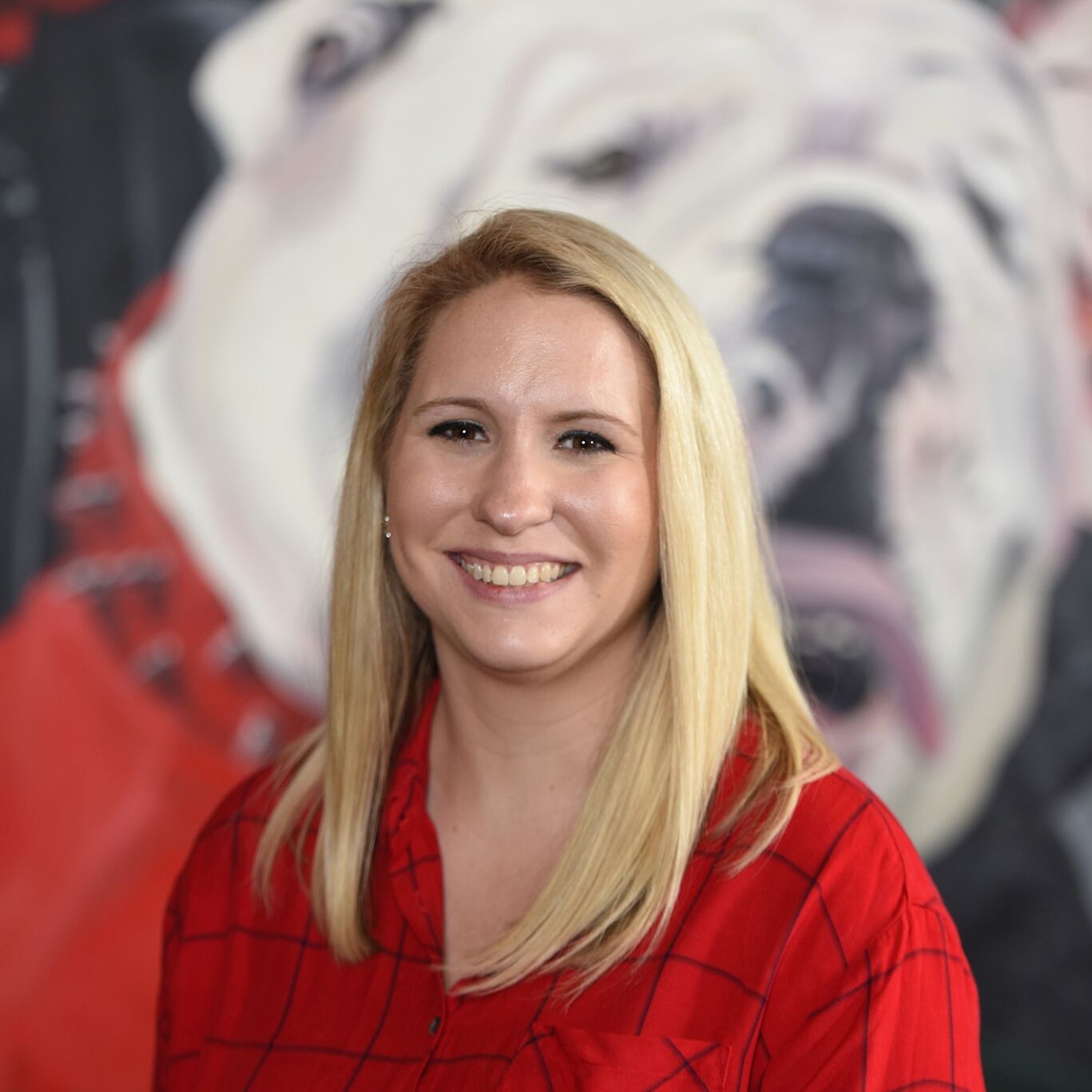 Jessica Wallace Gray (ABJ ’11), President, Jacksonville Alumni Chapter – “I give back because I want present and future students to be able to experience all that UGA has to offer. I was so fortunate to have four amazing years at UGA, and feel so blessed at the opportunities I’ve had because of my time there. I want UGA to continue growing as an institution and to make sure that the best and brightest students have every opportunity that I was given.”
Jessica Wallace Gray (ABJ ’11), President, Jacksonville Alumni Chapter – “I give back because I want present and future students to be able to experience all that UGA has to offer. I was so fortunate to have four amazing years at UGA, and feel so blessed at the opportunities I’ve had because of my time there. I want UGA to continue growing as an institution and to make sure that the best and brightest students have every opportunity that I was given.”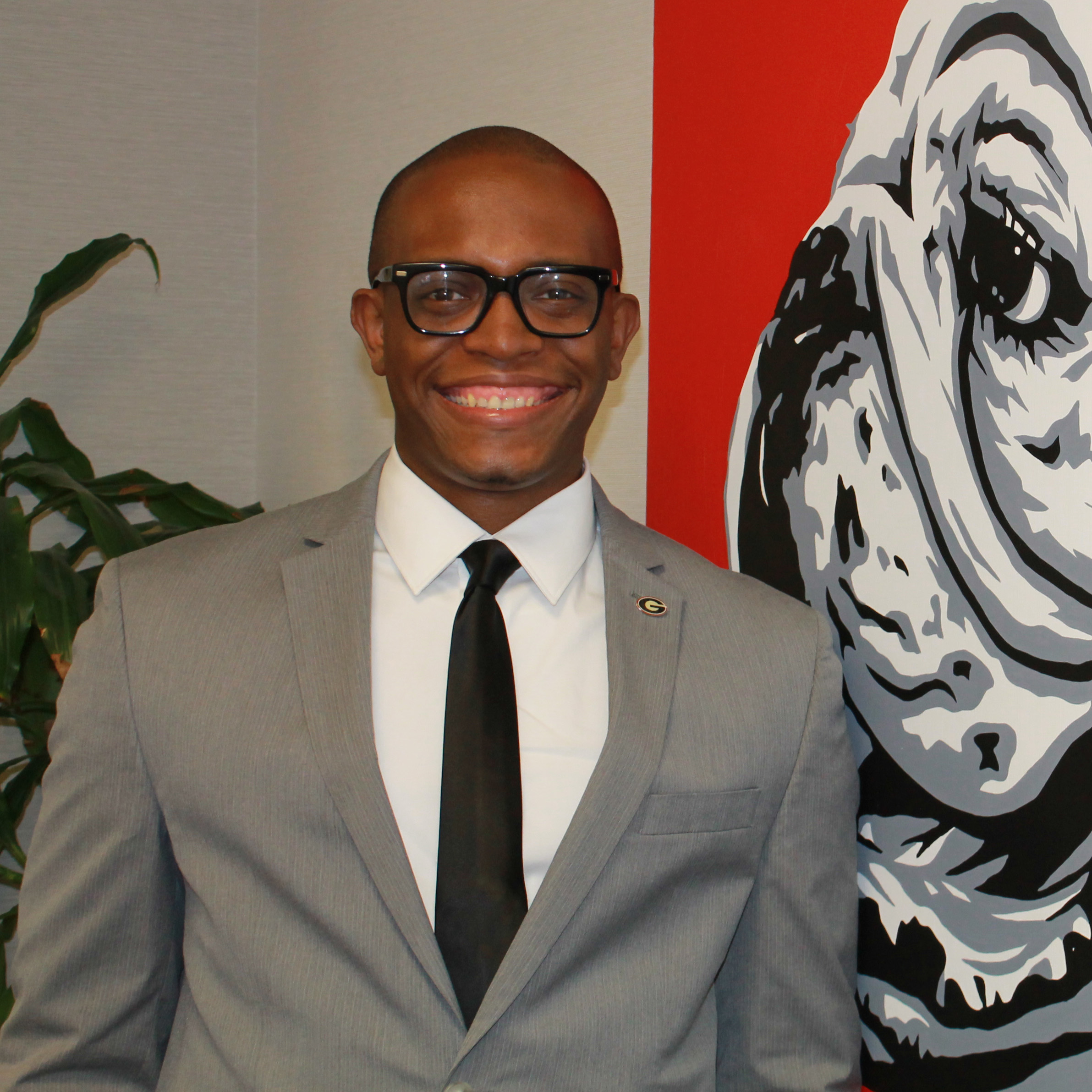 T.J. Snowden (BSED ’04) President, Black Alumni Leadership Council – “I’m committed to increasing diversity and black philanthropy at UGA. UGA has only been integrated for a little more than 57 years, so there is a need to develop and sustain philanthropic efforts among black students and alumni to aid UGA in its support of students of color.”
T.J. Snowden (BSED ’04) President, Black Alumni Leadership Council – “I’m committed to increasing diversity and black philanthropy at UGA. UGA has only been integrated for a little more than 57 years, so there is a need to develop and sustain philanthropic efforts among black students and alumni to aid UGA in its support of students of color.”